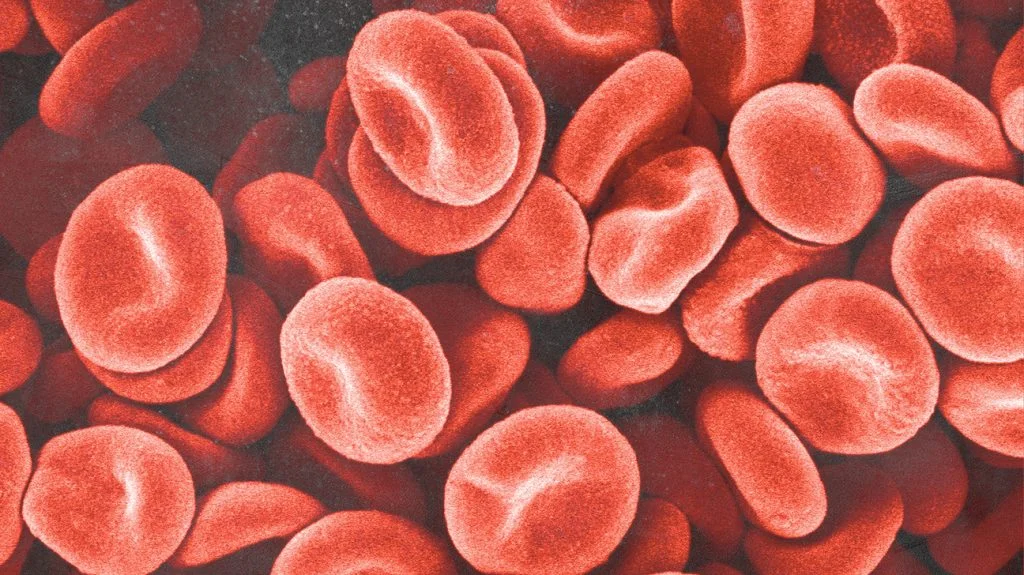As the world commemorates Thalassaemia Day, it’s crucial to highlight the challenges faced by individuals living with this inherited blood disorder. Thalassaemia affects the body’s ability to produce hemoglobin, leading to anemia and other health complications. However, with proper management strategies, individuals with thalassaemia can lead fulfilling lives. Let’s explore some practical tips for maintaining adequate hemoglobin levels and promoting overall well-being.
Understanding Thalassaemia:
Thalassaemia is a genetic disorder characterized by abnormal hemoglobin production, resulting in reduced red blood cell count and hemoglobin levels. Individuals with thalassaemia may experience symptoms such as fatigue, weakness, pale skin, and shortness of breath. Effective management of thalassaemia involves a combination of medical interventions, lifestyle modifications, and supportive care.
1. Regular Blood Transfusions:
For individuals with severe forms of thalassaemia, regular blood transfusions are often necessary to maintain adequate hemoglobin levels and prevent complications associated with anemia. Blood transfusions provide healthy red blood cells that can carry oxygen more effectively, alleviating symptoms and improving quality of life. Close monitoring by healthcare professionals is essential to ensure safe and timely transfusions.
2. Iron Chelation Therapy:
Repeated blood transfusions can lead to iron overload in the body, which can cause organ damage and other complications. Iron chelation therapy helps remove excess iron from the bloodstream, reducing the risk of iron-related complications such as heart disease, liver damage, and hormonal imbalances. Adhering to prescribed iron chelation regimens is crucial for managing thalassaemia effectively and minimizing long-term health risks.
3. Nutritional Support:
A balanced diet rich in iron, folic acid, vitamin B12, and other essential nutrients is essential for individuals with thalassaemia to support healthy red blood cell production and maintain adequate hemoglobin levels. Foods such as leafy green vegetables, lean meats, fortified cereals, and fruits can help replenish nutrient stores and optimize overall health. Nutritional supplements may also be recommended to address specific deficiencies and support optimal hematological function.
4. Regular Monitoring and Follow-Up:
Regular medical check-ups, including blood tests to assess hemoglobin levels, iron status, and other relevant parameters, are essential for monitoring disease progression and treatment efficacy. Healthcare providers can adjust treatment plans and provide necessary support and guidance based on individual needs and evolving health status. Open communication between patients, caregivers, and healthcare professionals is key to ensuring comprehensive thalassaemia management and promoting optimal outcomes.
Conclusion:
On World Thalassaemia Day, let’s reaffirm our commitment to supporting individuals living with thalassaemia and raising awareness about this complex blood disorder. By implementing effective management strategies, including regular blood transfusions, iron chelation therapy, nutritional support, and proactive monitoring, we can help individuals with thalassaemia lead healthier, more fulfilling lives. Together, let’s strive towards a future where everyone affected by thalassaemia receives the care and support they need to thrive.
Source- NDTV



